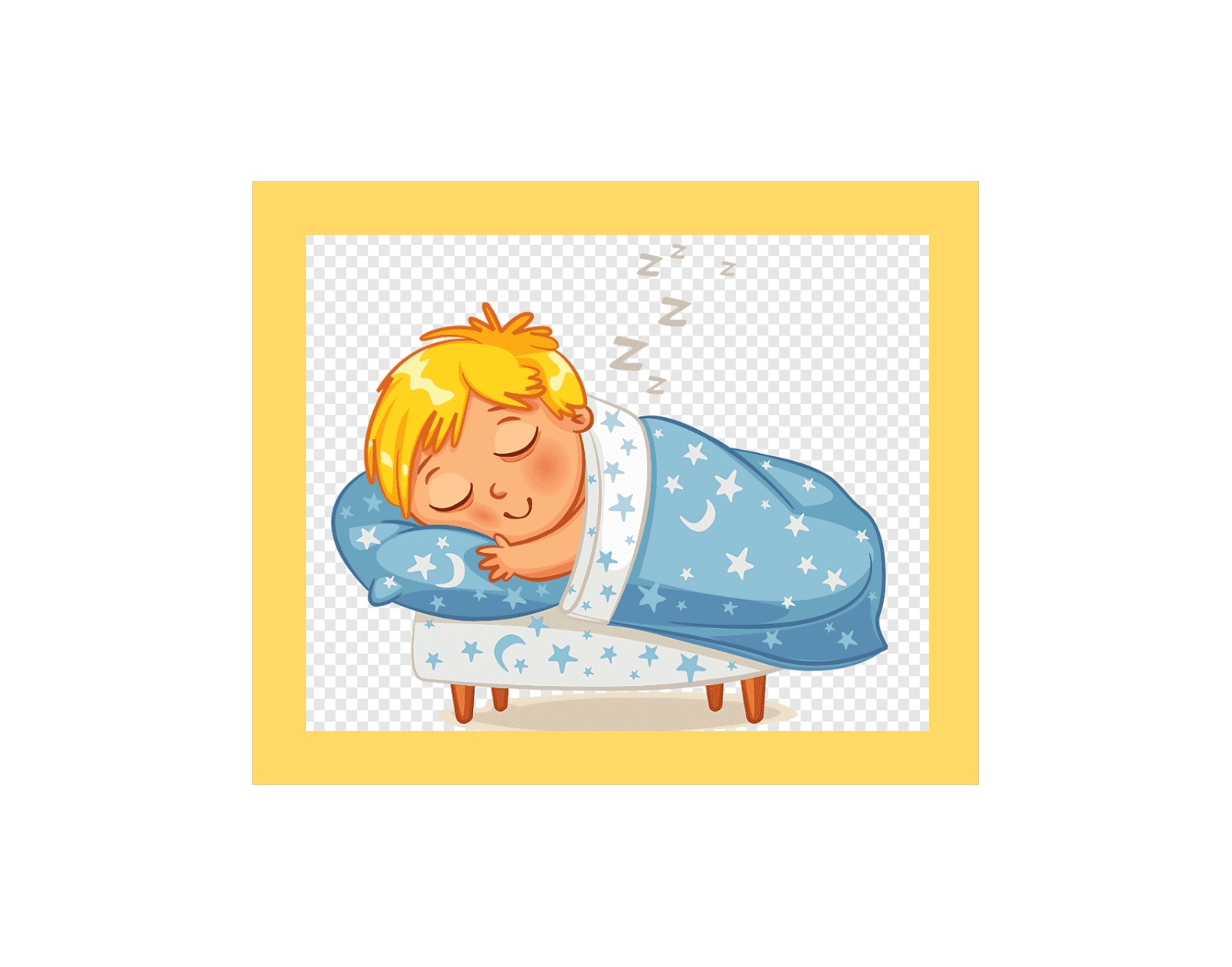How can i sleep better?
Improving your sleep quality is essential for overall well-being. Here are some tips to help you get better sleep:
Establish a Consistent Sleep Schedule: Go to bed and wake up at the same time every day, even on weekends. This helps regulate your body's internal clock.
Create a Relaxing Bedtime Routine: Develop a calming pre-sleep routine to signal to your body that it's time to wind down. This might include activities like reading a book, taking a warm bath, or practicing relaxation exercises.
Optimize Your Sleep Environment:
- Make sure your bedroom is dark, quiet, and cool.
- Invest in a comfortable mattress and pillows that support your sleep style.
- Remove electronics, such as smartphones and TVs, from the bedroom, as they can disrupt sleep.
Limit Exposure to Screens: The blue light emitted by screens can interfere with your body's production of melatonin, a hormone that regulates sleep. Avoid screens (phones, tablets, computers, and TVs) at least an hour before bedtime.
Watch Your Diet: Avoid large meals, caffeine, and alcohol close to bedtime. These can disrupt your sleep patterns. If you need a snack, choose something light and easy to digest.
Get Regular Exercise: Regular physical activity can help you fall asleep faster and enjoy deeper sleep. However, avoid vigorous exercise close to bedtime, as it may be too stimulating.
Manage Stress: Practice relaxation techniques like deep breathing, meditation, or yoga to manage stress and anxiety, which can interfere with sleep.
Limit Naps: While short power naps can be refreshing, long or irregular daytime naps can disrupt your sleep at night. If you nap, keep it under 30 minutes and earlier in the day.
Limit Fluid Intake Before Bed: To reduce nighttime awakenings to use the bathroom, avoid drinking large amounts of fluids in the hours leading up to bedtime.
Limit Clock-Watching: If you can't fall asleep, constantly checking the clock can create anxiety. Try turning the clock away from you or covering it.
Consider a Sleep-Inducing Environment: Some people find that white noise machines, earplugs, or sleep masks help create a more conducive sleep environment.
Consult a Healthcare Professional: If you consistently have trouble sleeping, consider speaking with a healthcare professional or sleep specialist. There could be an underlying medical condition like sleep apnea or insomnia that needs addressing.
Remember that improving your sleep may take time, and it's essential to be patient and consistent with your sleep hygiene practices. Making these adjustments to your routine can lead to better sleep and, ultimately, improved overall health and well-being.
Thank you for reading By WBVR www.wbvr.co.uk
